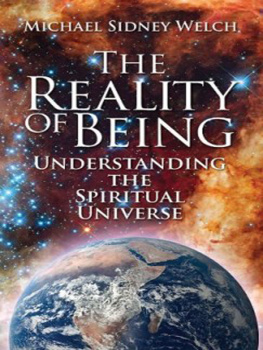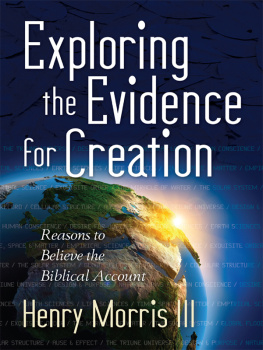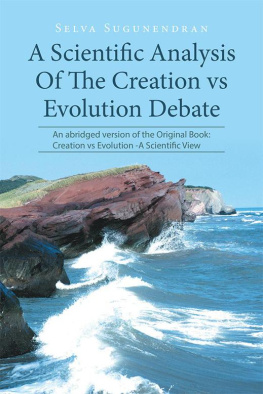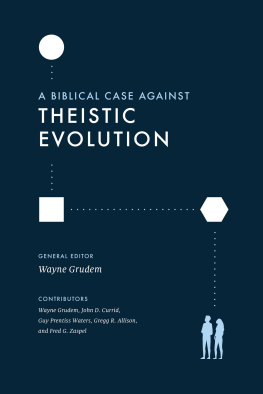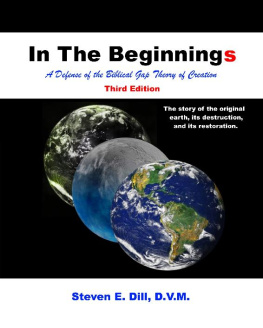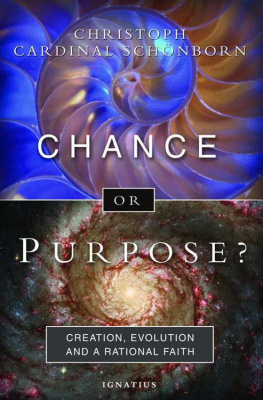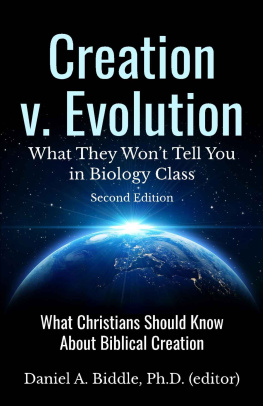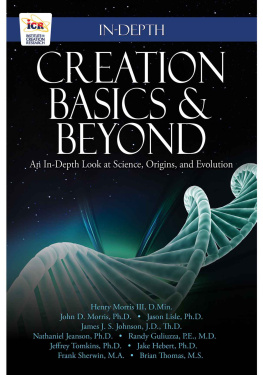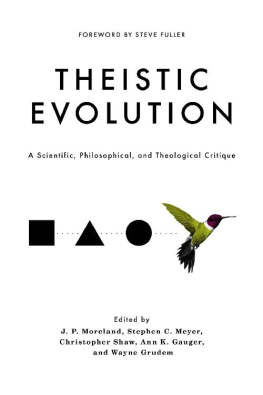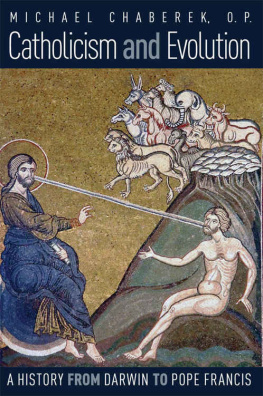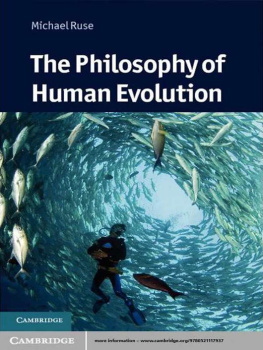Michael S. Welch - The Reality of Being
Here you can read online Michael S. Welch - The Reality of Being full text of the book (entire story) in english for free. Download pdf and epub, get meaning, cover and reviews about this ebook. year: 2011, publisher: Publish on Demand Global LLC, genre: Religion. Description of the work, (preface) as well as reviews are available. Best literature library LitArk.com created for fans of good reading and offers a wide selection of genres:
Romance novel
Science fiction
Adventure
Detective
Science
History
Home and family
Prose
Art
Politics
Computer
Non-fiction
Religion
Business
Children
Humor
Choose a favorite category and find really read worthwhile books. Enjoy immersion in the world of imagination, feel the emotions of the characters or learn something new for yourself, make an fascinating discovery.
- Book:The Reality of Being
- Author:
- Publisher:Publish on Demand Global LLC
- Genre:
- Year:2011
- Rating:5 / 5
- Favourites:Add to favourites
- Your mark:
- 100
- 1
- 2
- 3
- 4
- 5
The Reality of Being: summary, description and annotation
We offer to read an annotation, description, summary or preface (depends on what the author of the book "The Reality of Being" wrote himself). If you haven't found the necessary information about the book — write in the comments, we will try to find it.
This philosophical work presents a unified theory of creation and evolution, a combination of Biblical themes and scientific knowledge.
The Reality of Being — read online for free the complete book (whole text) full work
Below is the text of the book, divided by pages. System saving the place of the last page read, allows you to conveniently read the book "The Reality of Being" online for free, without having to search again every time where you left off. Put a bookmark, and you can go to the page where you finished reading at any time.
Font size:
Interval:
Bookmark:
The beauty of eternity
transcends all
earthly cares
Soren Kierkegaard
Pierre Duhem
Peter Ouspensky
Albert Camus
John Henry Newman
Arthur Eddington
Albert Einstein
Teilhard de Chardin
Martin Heidegger
Stanley Jaki
Mariano Artigas
The Jerusalem Bible
The New American Bible
E xistence is conceptual to the human mind and can be both defined and approached through dialectic. Reality, however, is absolute and so is not limited by the boundaries of that human rational thought which outlines and defines existence dialectically in terms of the idea. The reality in which we live as subjects is spiritual, an absolute being, infinitely conscious and eternally alive, immanent within and yet transcendent to the physical universe that is created out of nothing. The universe that human consciousness describes as the realm of existence is bounded by the limitations of human rationality and the scientific method of thought which explores that finite universe cannot uncover the nature of a reality that is transcendent and spiritual. The consciousness of existence is an intellectual consciousness based on an idea which rejects the reality of spirit, while the consciousness of absolute being is a spiritual consciousness which comprehends and transcends the idea. The spiritual transcends the intellectual as being transcends existence.
The spiritual categories of being are the absolute, the infinite, and the eternal, while the intellectual categories of existence are the relative, the finite, and the temporal. It is impossible for the intellect which denies the reality of the absolute and its categories and can only have knowledge of the relative categories of existence to comprehend the immanent presence of absolute being within existence. This spiritual presence necessarily appears as paradox to a rational intellect, which can neither apprehend any infinite data nor confirm any experiential knowledge of the absolute categories. The use of infinites and absolutes in scientific hypotheses and mathematical calculations prove to be either mere inventions of the fallen intellect intent upon denying a lack of understanding, or a subtle acknowledgment of the transcendent reality defined by the absolute categories.
The physical universe apprehended by human conceptual thought, which grasps the object and conceives the objective world, consists only of dust and ashes and the immanent phenomenon of life. This world of relativity only takes shape through the elimination of the subjective. It exists but cannot articulate reality, since reality demands the subjectivity of human consciousness to the absolute categories. Existence is an actuality imposed by human invention and therefore limited to the expression of that which is objective and rational. The objective world exists but is not real. Consequently, the phenomenon of life as subjective consciousness becomes our sole avenue into the reality described by the absolute categories of being. The construction of an objective world proves to be an error on the path of development for human consciousness, a descent from that subjective apprehension of the absolute which is familiar to all forms of life into a conceptual framework of an invented and artificial actuality imposed upon the reality of nature as human civilization.
Discounting opinion and what may be considered necessary to achieve relative goals, the category of the necessary belongs exclusively among the absolute categories of being since the necessary, in its relationship to being, is absolute. Possibility properly belongs only to existence, the realm of becoming, which may be defined as the transition from possibility to actuality, which is to say, the actualization of the idea. A relationship with the absolute is not possible for the intellect immersed in the objective categories of existence, and a relationship with possibility is not necessary for the soul subjectively conscious of the reality of being.
Related simply, the instinctual, one-imensional consciousness of immediate, primitive life reveals itself in a purely subjective relationship with the reality of nature. From single-celled creatures through vegetation to cold-blooded reptiles, the whole gamut of sensual development is encompassed in time. Emotional consciousness, which combines with the instinctual in the warm-blooded mammals, is also subjective, but is two-dimensional and intuitive with an evolving imagination. Sensual instinctive consciousness and emotional intuitive consciousness are immediate forms of consciousness that cannot deceive, so the relationship of these early forms of life with the reality of nature is characterized by innocence.
Modern man, alone on the earth, perhaps alone in the material universe, has a three-dimensional consciousness, a consciousness that is sensual, emotional, and intellectual. Intellectual consciousness is a reflective consciousness that forms the idea, a negative image of the world of immediate experience, in the imagination. The entire reflective thought process is thus based on the discovery of the negative, the possibility of the idea formed in the imagination. The actualization of this idea negates subjective immediacy and projects an objective possibility into existence. Immediate consciousness is annulled by reflection and the reflective soul, leaving the reality of being and forming the idea of the individuality of the self in the imagination, enters into an intellectual existence, breaking the bonds of immediacy and subjectivity and establishing its own objective actuality. It is precisely the projection of various negative images of individuality into the intellectual actuality of existence that annuls innocence and veils the instinctive and intuitive consciousness of human being.
The individual self, an expression of existential guilt which annuls innocence, is discovered to be a delusion of the fallen intellect, a negative image, precisely a reflection of the soul of absolute being, formed in the human imagination as in a mirror and projected into the artificially constructed actuality of civilization. Because the self is an image, formed in the imagination and projected into an artificially constructed actuality, it can never achieve realization, can never enter the reality of the absolute categories of being, but is confined within existence and its intellectual categories.
The immediately conscious soul perceives only the absolute reality of nature, without reflection in the relative categories of thought that express the duality of existence and without a conscious faith in the absolute categories of spirit that express the unity of being. When immediacy is annulled by reflection, the soul becomes self-conscious and loses itself in a maze of human invention. This edifice of cultural tradition embodies the history of time that began with the fall into reflection and duality and which is devoid of consciousness of the absolute categories of being. To return to the eternity of being, the soul must reject temporality and relativity and cultivate a consciousness of faith in the absolute categories so that it might evolve into spiritual being with a consciousness that transcends the intellectual categories of existence and establishes a subjective relationship with absolute being.
All forms of life articulate the soul of absolute being. There is no individual identity, no image of self, in God, whose spirit is poured out into the physical universe. The human intellect, a point of existential consciousness, grasps an assortment of illusory images of the souls identity in the imagination and projects these negative images as representations of individuality into the artificial actuality of existence which it constructs. It is solely the human self that introduces the idea of the negative into the universe. Being is absolute and positive while existence is relative, bringing the negative into opposition with the positive and evil into opposition with good. The negative exists only in human perception, the perception of the intellect which has fallen into reflection. Existence, the ground of the self, is a false representation of the reality of absolute being. The individual self is the delusion of a fallen intellect that has been seduced by the possibility of the negative discovered in the imagination, and everything that the self constructs in existence, all of pagan civilization, is doubly false, doubly negative, a representation of a negative image of reality. Nothing in the imagination is real. Ideas are only images of the real, and reality cannot be imagined since reality is absolute and the ground of the imagination is precisely relativity.
Font size:
Interval:
Bookmark:
Similar books «The Reality of Being»
Look at similar books to The Reality of Being. We have selected literature similar in name and meaning in the hope of providing readers with more options to find new, interesting, not yet read works.
Discussion, reviews of the book The Reality of Being and just readers' own opinions. Leave your comments, write what you think about the work, its meaning or the main characters. Specify what exactly you liked and what you didn't like, and why you think so.

